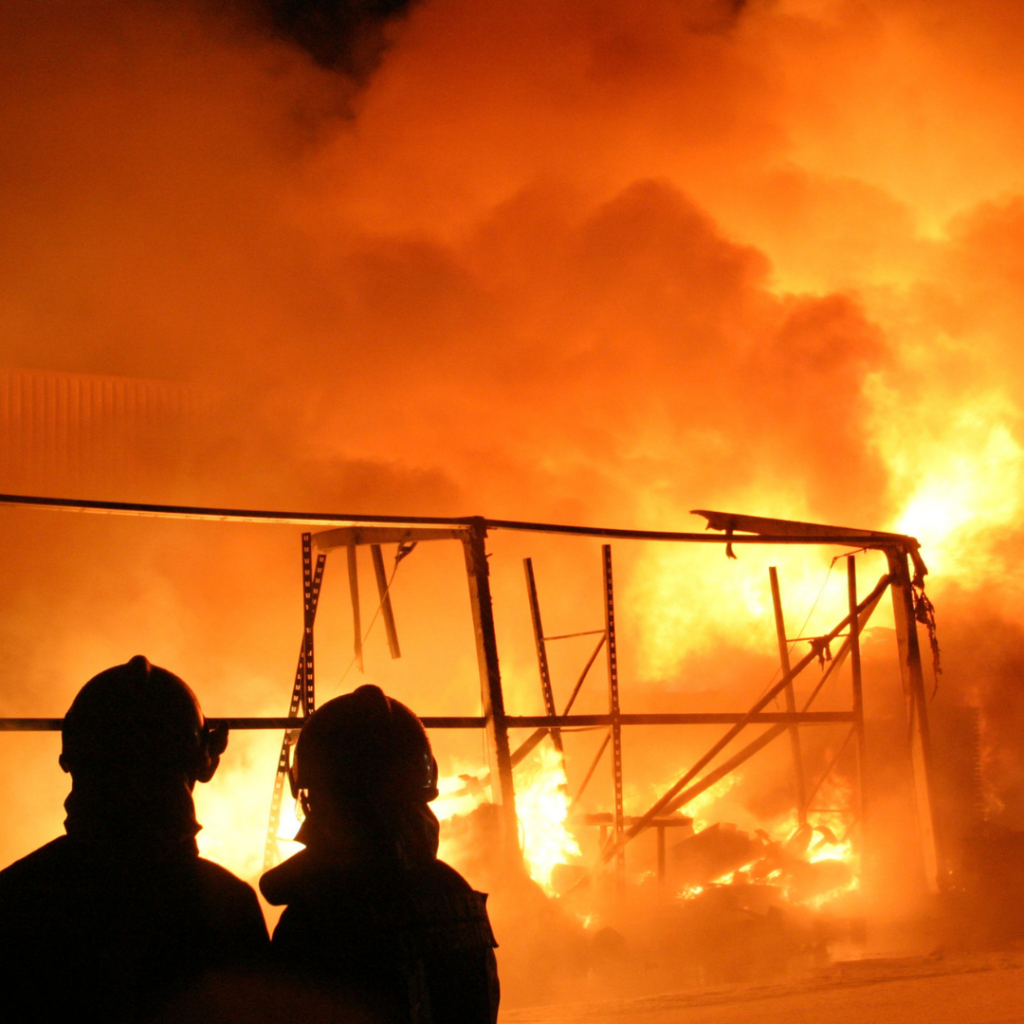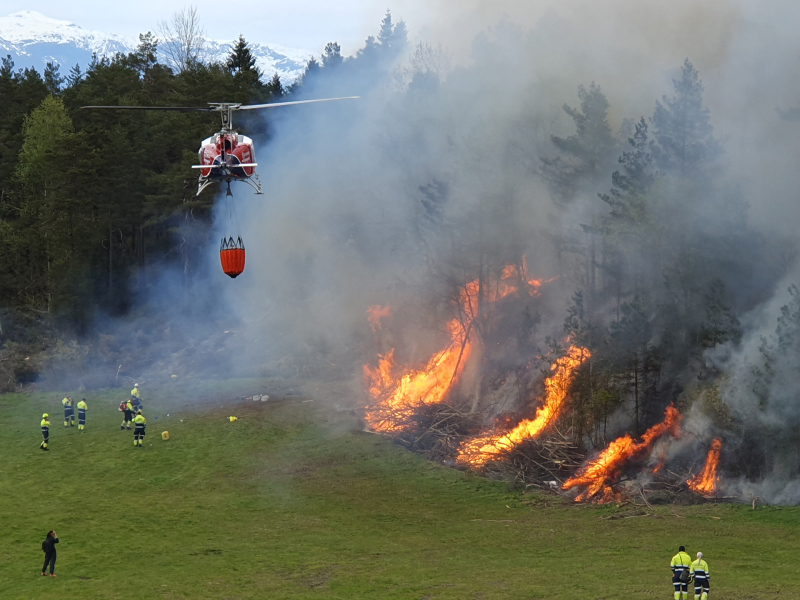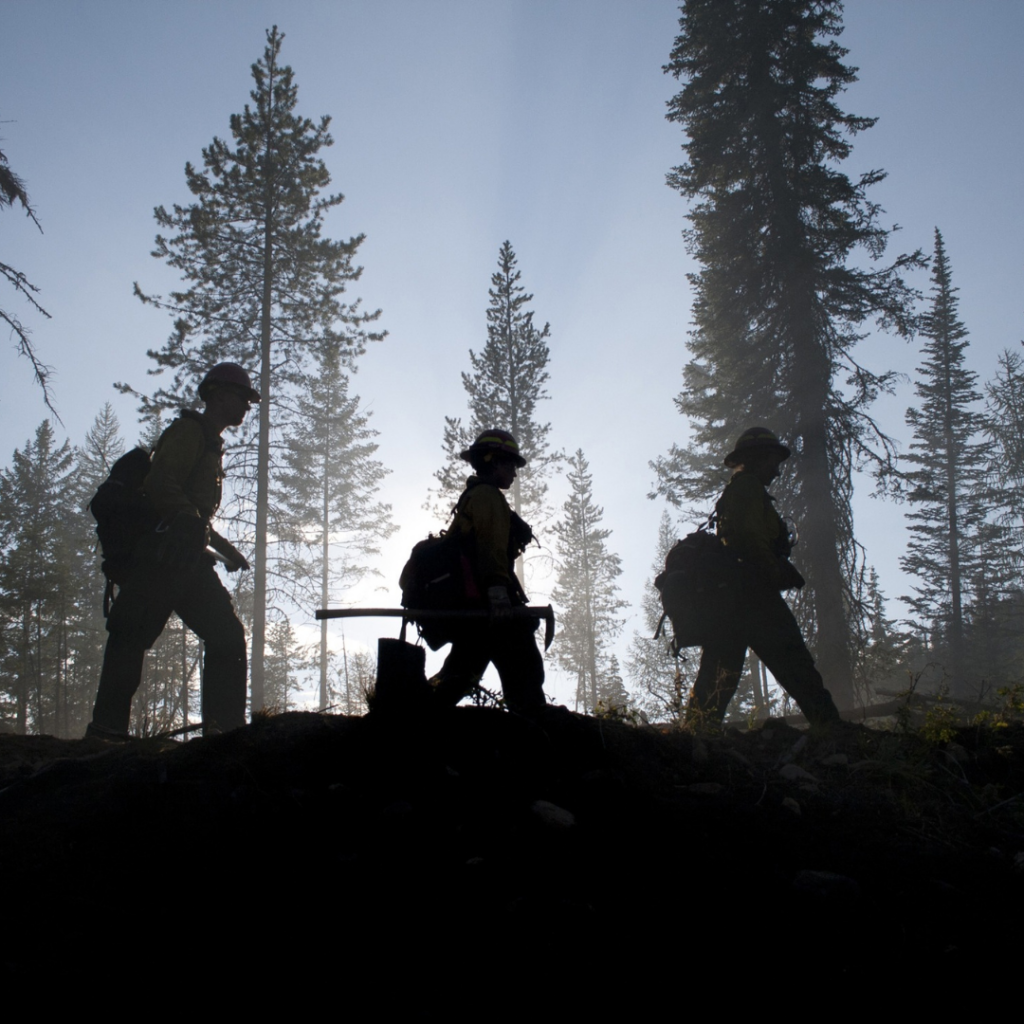Why the just transition matters to wildfires
Wildfires are burning in a growing list of countries across the EU, affecting towns, homes, lives, and livelihoods (BBC). These fires have been increasing in numbers and intensity each year, exacerbated by climate change as it bring droughts, heatwaves, winds, shifting ecosystems, and modified human engagement with the landscape (National Geographic; Bloomberg). As these fires make the news, their descriptions often focus on numbers: on area burned, structures in ashes, and people evacuated.
But behind those numbers are people facing impacts at a disparate and uneven level. Many of them will lose lands, homes, livestock, and crops. Some are forced to move fast and leave everything behind. Others are physically safe but face toxic air quality that impacts health. Others face increased living and insurance expenses. Others will find themselves in a foreign country, unsure where to turn for help or how to be safe, not being covered as a citizen. This makes for competing voices and values.
What and who is at stake?
“Every aspect of a disaster—including vulnerabilities, preparedness, response, and rebuilding—is to some extent a social calculus” (Mendez).
Research has shown that, in some places, risk management responsiveness and ongoing action to address wildfires and their impacts vary by regional income level, racial composition, educational attainment, and the ability to lobby or directly engage in decision-making discourses (Anderson et al.). Other scholars have found that financial resource contributions towards disaster risk management decrease when more privileged or well-off people’s risks are lowered, regardless of the situation for marginalized or poorer communities (Brown and Kroll). Research finds again and again, when facing wildfires, that women have less structural access to health care or decision-making pathways (Zabanitou et al.).
Consistent with Firelogue’s Just Transition approach, Trilateral engages a range of ethical and societal impact assessment tools and co-design methods that analyze cross-stakeholder dialogues around wildfire risk management as well as the challenges raised by the climate crisis in general. These analytical tools make it possible to ask questions that will help to increase discussions around the social calculus that underlies policy and design decisions. Asking what – and who – should be a priority, getting resources, or experiencing the greatest benefits is key to enhancing understanding of the inequalities at play in wildfire risk management. It provides insight into how these inequalities are spread across populations, social situations, and geographies. This is one important step to ensuring the human right of equal access to a clean and healthy environment (UN).



